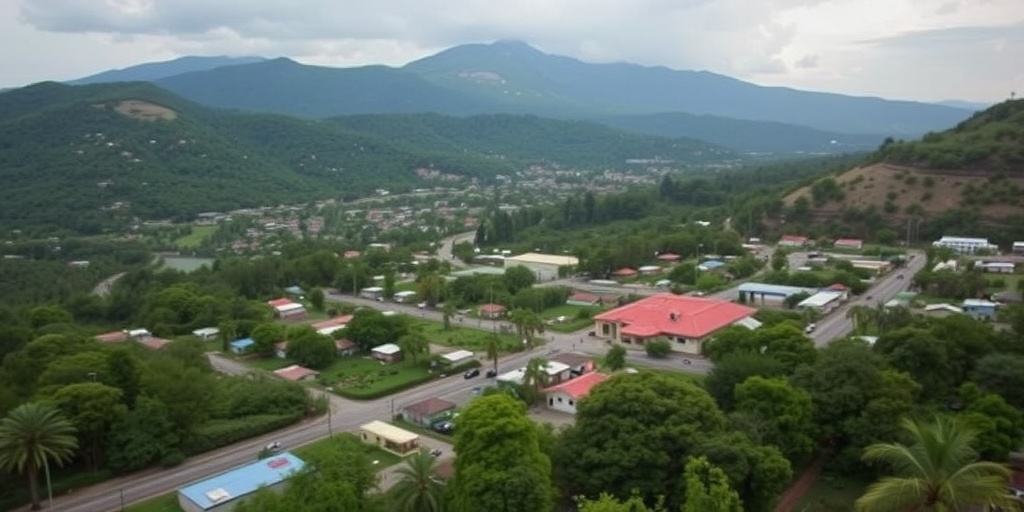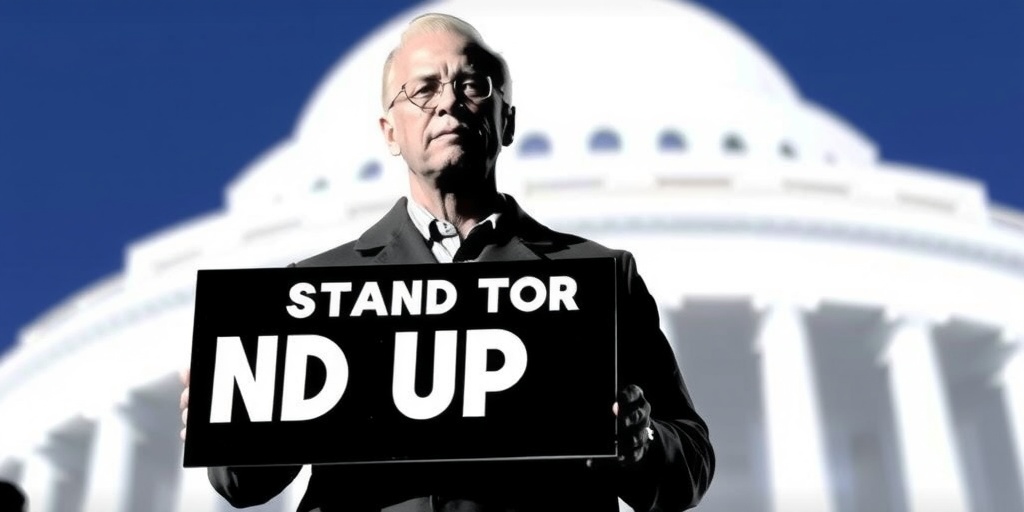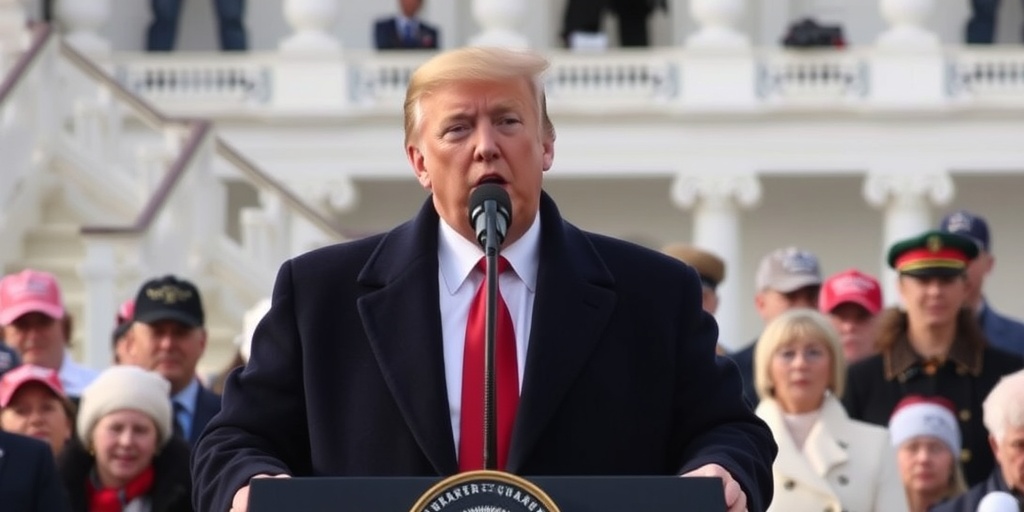Now Reading: Guatemala’s Strategy for Resettling Deportees from the U.S.
-
01
Guatemala’s Strategy for Resettling Deportees from the U.S.
Guatemala’s Strategy for Resettling Deportees from the U.S.

Swift Deportations Begin: The Impact on Guatemalan Immigrants
Carlos Navarro, a 32-year-old Guatemalan immigrant, experienced a shocking turn of events recently while enjoying takeout outside a restaurant in Virginia. Immigration officers apprehended him, informing him of an order for his removal from the United States. Having never encountered any legal issues during his time in the country, Navarro, who had been working at poultry plants, expressed his bewilderment, stating, “Absolutely nothing.”
Last week, Navarro found himself back in Guatemala for the first time in 11 years. He spoke to his wife from a reception center for deportees in Guatemala City, reflecting on the abrupt shift in his life. His experience may serve as a harbinger for the swift deportations expected under President Donald J. Trump, who came into office promising to crack down on unauthorized immigration.
As Trump’s administration commences what is anticipated to be the largest mass deportations in American history, communities across the United States, which reportedly host around 14 million unauthorized immigrants, are bracing for the consequences. Narratives similar to Navarro’s can soon become common as deportations escalate in frequency and severity.
Just days into Trump’s presidency, reports indicated that deportations would commence almost immediately, with the administration emphasizing their commitment to returning “criminal aliens” to their home countries. Guatemala, already shaped by economic hardship and the scars of a brutal civil war, has a substantial population of undocumented individuals in the U.S. Estimates suggest that around 675,000 undocumented Guatemalans resided in the U.S. as of 2022, marking the country as one of the largest sources of unauthorized immigrants.
Guatemala has routinely received deportation flights from the U.S., averaging about seven a week, which translates to around 1,000 individuals returning to their homeland weekly. The Guatemalan government has indicated its capacity to facilitate up to 20 flights a week, accommodating approximately 2,500 deportees. However, while Guatemalan officials prepare to manage incoming deportees, many countries have expressed concerns about their inability to coordinate with the Trump administration regarding the anticipated deportation strategy.
In response to the situation, President Bernardo Arévalo of Guatemala announced the “Return Home” plan, aimed at ensuring that citizens facing deportation have access to support from consulates in the U.S. and a dignified reception upon their return. Foreign Minister Carlos Ramiro Martínez acknowledged the fears prevalent among Guatemalans, stating, “We know they’re worried… we have to do something.”
Beyond immediate concerns, Guatemala’s strategy, shared during a recent foreign ministers’ meeting, encompasses plans for reintegrating deportees into society. The initiative aims to connect deportees with job opportunities, leverage their skills and resources, and provide mental health support to help them cope with the trauma associated with deportation.
Guatemala’s approach not only seeks to manage the influx of deportees but also reflects an expectation placed by the Trump administration on Latin American governments. Experts suggest that there is an implied responsibility for these governments to facilitate the reintegration of deported citizens and discourage their return to the U.S.
Historically, many deportees have attempted to return to the U.S. after being sent back to their home countries. In fact, the U.S. Department of Homeland Security reported that approximately 40% of deportations in 2020 included individuals who had previously been deported and re-entered the country. This cycle has often been referred to as a “revolving door,” and it is a dynamic that the Trump administration intends to confront head-on.
While the deported individuals bring skills and potential economic benefits with them, significant challenges remain. Factors such as poverty, gang violence, and economic instability continue to plague Guatemala, making reintegration difficult. Many deportees not only struggle with their societal re-entry but may also find themselves facing the same conditions that drove them to migrate to the U.S. in the first place.
The appeal of returning to the United States often remains strong, especially for those with family ties. Carlos Navarro stated his determination to go back for the sake of his wife and son, reflecting the powerful gravitational pull that familial connections exert on deportees. Similarly, 20-year-old Neida Vásquez Esquivel, deported for the fourth time, expressed her intent to continue seeking her parents in New Jersey despite the risks involved.
Some deportees, however, have reported reconsidering their paths. José Moreno, after being deported due to a drunken driving incident, opted not to attempt re-entering the U.S. again, citing the growing dangers associated with crossing the border and the current administration’s heightened restrictions on immigrants. Instead, he plans to utilize his English proficiency to offer guided tours in Guatemala, a decision indicating a shift towards acceptance and adaptation to local circumstances.
In conclusion, as the Trump administration ramps up deportations, the lives of countless Guatemalan immigrants hang in the balance, caught in a complex web of hope, fear, and the pressing challenge of resuming life in an environment fraught with difficulties. The outcomes of these policies will not only shape individual destinies but will also have lasting implications for the socio-economic fabric of Guatemala itself.
Stay Informed With the Latest & Most Important News
Previous Post
Next Post
-
 01New technology breakthrough has everyone talking right now
01New technology breakthrough has everyone talking right now -
 02Unbelievable life hack everyone needs to try today
02Unbelievable life hack everyone needs to try today -
 03Fascinating discovery found buried deep beneath the ocean
03Fascinating discovery found buried deep beneath the ocean -
 04Man invents genius device that solves everyday problems
04Man invents genius device that solves everyday problems -
 05Shocking discovery that changes what we know forever
05Shocking discovery that changes what we know forever -
 06Internet goes wild over celebrity’s unexpected fashion choice
06Internet goes wild over celebrity’s unexpected fashion choice -
 07Rare animal sighting stuns scientists and wildlife lovers
07Rare animal sighting stuns scientists and wildlife lovers





















